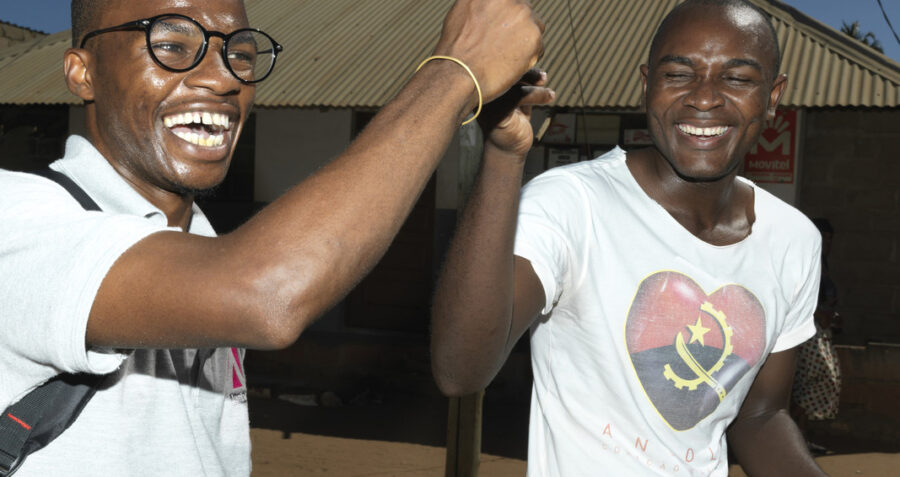Civil society to drive action on prevention through new grant

A new programme aims to support community and civil society-led accountability efforts around the HIV Prevention 2025 Road Map.
The new programme, called United for Prevention, will be led by Frontline AIDS in partnership with several organisations and funded by the Bill & Melinda Gates Foundation.
The United for Prevention programme will work with civil society partners in seven high HIV prevalence countries: Kenya, Malawi, Mozambique, Nigeria, Tanzania, Uganda, and Zimbabwe. The partners in these countries will collaborate over the 18 months to establish HIV coalitions that will track progress against the HIV Prevention 2025 Road Map, advocate for policy changes, hold stakeholders accountable or celebrate successes through the development of shadow reports.
Global HIV prevention efforts have not been adequately prioritised or funded, leading to a lack of progress. In 2021, 1.5 million people acquired HIV, with key populations such as sex workers, men who have sex with men, people who inject drugs, and transgender people and their sexual partners accounting for 70% of new infections globally. In sub-Saharan Africa, adolescent girls and young women remain highly vulnerable, representing six out of every seven new infections among young people aged 15-19.
Governments need to accelerate action on HIV prevention by repealing discriminatory laws, improving access to life-saving services, advancing national data systems, promoting the uptake of new prevention technologies, such as the dapivirine ring and injectable pre-exposure prophylaxis (PrEP), and increasing financing to scale-up proven service delivery models.
A key focus of the United for Prevention programme will involve the partners carrying out ongoing accountability work to ensure that the commitments outlined in the National Road Maps are effectively translated into action. This will include the development of national shadow reports which provide a community perspective on the HIV prevention efforts to monitor progress, identify priority milestones, and support governments in their efforts to reduce new HIV infections and meet national targets.
“Donors need to prioritise and fund HIV prevention interventions, and countries need to implement policy and legal changes to address the needs of marginalised communities, with a strong focus on adolescent girls and young women in Sub-Saharan Africa, as well as the lesbian, gay, bisexual and transgender community, and other criminalised communities,” says Leora Pillay, the Lead for HIV prevention advocacy at Frontline AIDS.
“By adequately funding these interventions, changing discriminatory policies and laws, and addressing the unique challenges faced by marginalised communities, there is great potential to significantly reduce new HIV infections. These are crucial steps towards reaching our goal to end AIDS for everyone, everywhere.” Leora Pillay, Lead for HIV Prevention Advocacy, Frontline AIDS
The United for Prevention programme will be implemented by a consortium led by Frontline AIDS, in collaboration with the following partners: Alive Medical Services (Uganda), DARE (Tanzania), Education as a Vaccine (EVA) (Nigeria), LVCT Health (Kenya), Pakachere Institute of Health and Development Communication (Malawi), REPSSI (Mozambique), and SAfAIDS (Zimbabwe). The programme runs from April 2023 to September 2024.
Tags
HIV preventionHuman rights

